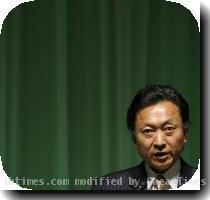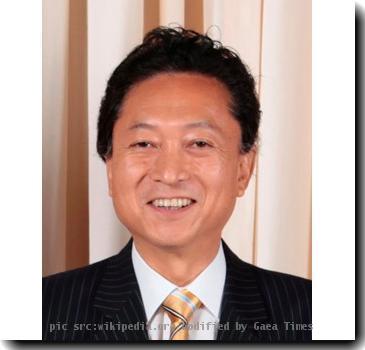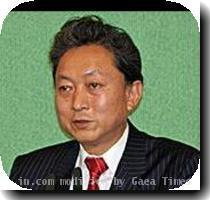Japan leader tones down tax talk as candidates rush to woo voters on eve of parliamentary vote
By Malcolm Foster, APFriday, July 9, 2010
Democrats face test on eve of Japanese election
TOKYO — His popularity dented, Japanese Prime Minister Naoto Kan toned down his tax hike talk on the eve of parliamentary elections Sunday that are widely considered a referendum on the Democrats’ 10 months in power.
Candidates traveled in campaign vans, speakers blaring and aides waving out of windows, stopping here and there to give speeches throughout the country Saturday.
The balloting, in which half the seats in the 242-member upper house are up for grabs, won’t directly affect the ruling Democratic Party of Japan’s grip on power because it has a hefty majority in the more powerful lower house that chooses the prime minister.
But recent polls show Kan’s party will likely lose seats in the upper house, which could complicate its ability to pass legislation and force it to find new coalition partners.
Promising to cut wasteful spending and bring more transparency to politics, the Democrats swept to power in lower house elections last August that ended 55 years of nearly unbroken rule by the conservative Liberal Democratic Party.
So far, they have delivered mixed results. They have put the brakes on many large public works projects considered wasteful, but their first prime minister, Yukio Hatoyama, disappointed voters by breaking a campaign pledge to move a U.S. Marine base off the island of Okinawa and by getting mixed up in a funding scandal.
Kan, a plainspoken former finance minister with a grass-roots activist background, enjoyed an initial surge in approval ratings when he came to office just a month ago after Hatoyama’s resignation.
Kan has argued that Japan needs to take aggressive steps to tackle its ballooning public debt as its population ages and declines. If it doesn’t, he has warned that the world’s No. 2 economy could face a Greece-like fiscal crisis — a comparison that experts say is a stretch because most government bonds are held by domestic investors.
But his suggestions that Japan should consider raising its sales tax from 5 percent to as high as 10 percent in coming years has weakened public support for his Cabinet and his party.
Over the last several days, Kan has changed his tack, promising that the Democrats won’t raise the sales tax until after the next lower house elections, scheduled for three years from now, saying he wants to seek a public mandate for any decision. He has also spent more time talking about welfare and ways to promote economic growth.
“I promise I won’t touch the sales tax until the next lower house election,” Kan said at a campaign rally outside a train station in Kichijoji, in western Tokyo, on behalf of a Democratic colleague.
“I propose a discussion with opposition parties to find ways to prevent Japan’s finances and social security from falling apart. That was my promise, so can I seek your support?” — to which he received applause from the crowd.
Hiroshi Umezawa, a 60-year-old who listened to Kan, said he was still uncertain whether he would vote for the Democrats because they had not lived up to expectations.
“A tax increase is probably inevitable, but I wonder if 10 percent is an appropriate figure,” he said.
Still, Umezawa credited the Democrats for “bringing fresh air into politics” and said he was inclined to let them rule a little longer.
The Democrats and their tiny coalition partner, the Peoples’ New Party, currently have a slim majority in the upper house with 122 seats.
Kan has set a target of winning 54 of the seats at stake, the same number as the Democrats have now, but newspaper surveys suggest the party will more likely get about 50 seats.
The Liberal Democratic Party is projected to pick up about five seats to bring their total to about 76.
The public’s interest in the elections has wavered as the campaign has coincided with the World Cup — in which Japan’s team did better than expected — and a scandal that has hit the traditional sport of sumo wrestling.
During the past two weeks, major TV stations devoted about as much time to the sumo scandal as to the elections, and far more hours to the World Cup, according to calculations by the nationally circulated Mainichi newspaper.
Associated Press Writer Mari Yamaguchi contributed to this report.
Tags: Asia, Campaigns, East Asia, Japan, Parliamentary Elections, Political Organizations, Political Parties, Target, Tokyo, World cup, Yukio Hatoyama


